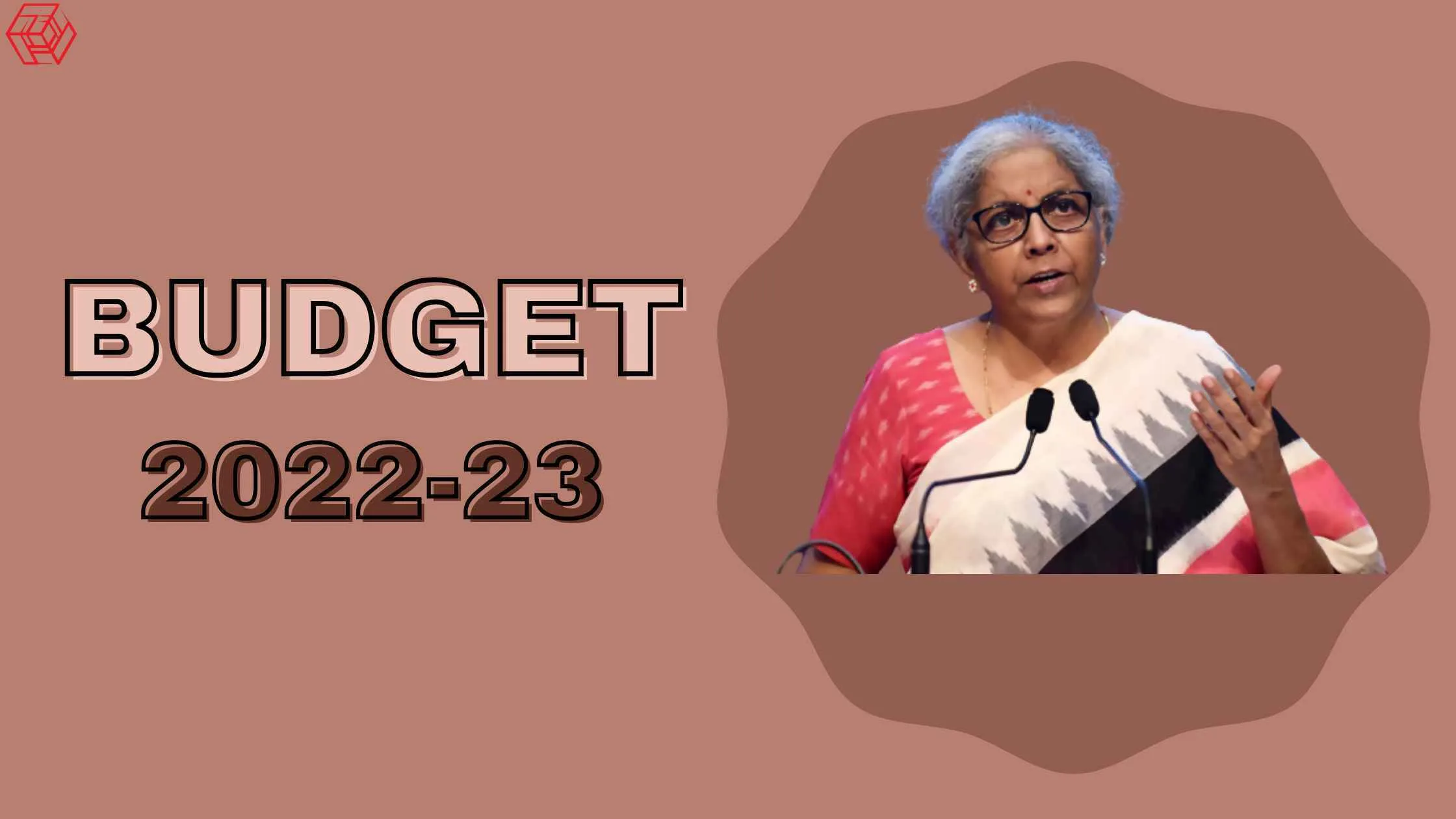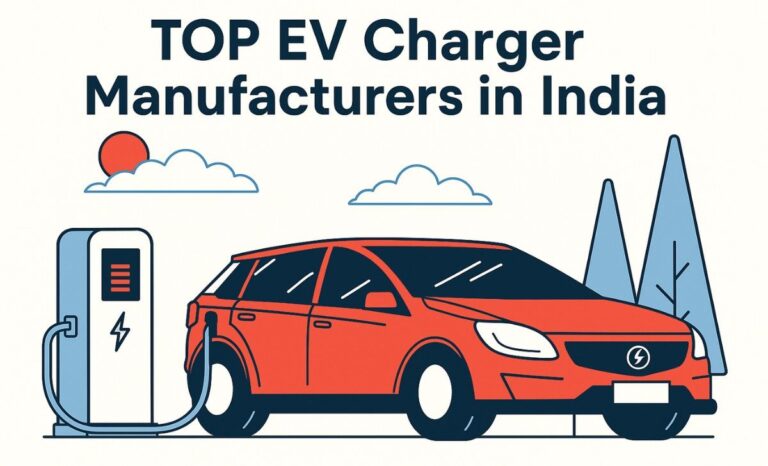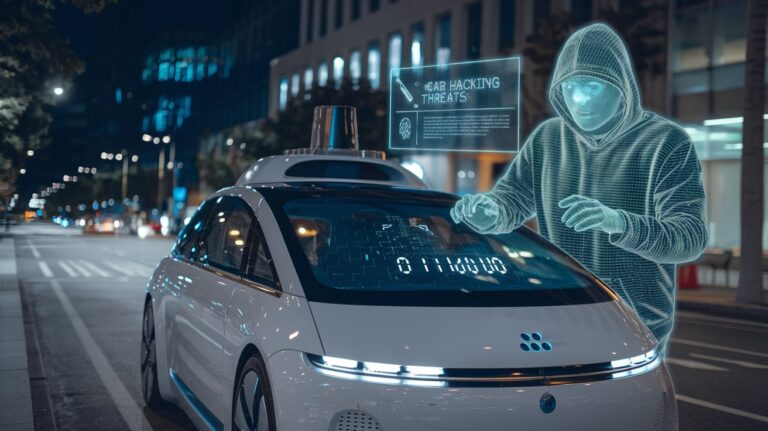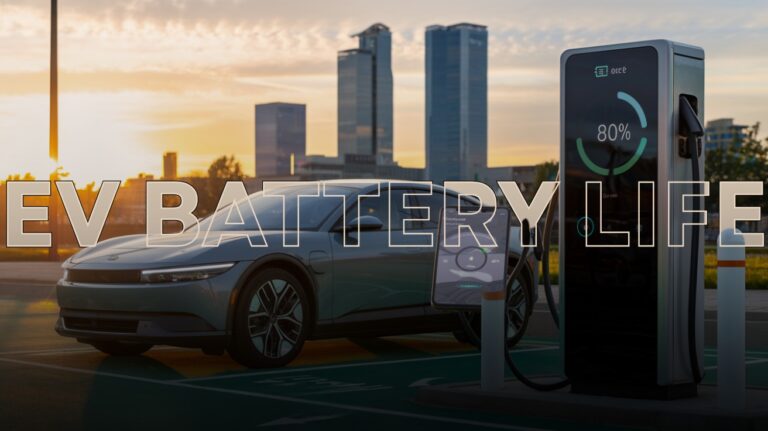
What is budget 2022 in automobile industry sectors?
Finance Minister Nirmala Sitharaman presented the Union Budget 2022 to Parliament today, which includes big announcements for the automobile industry that would have a direct or indirect influence on the sector. Despite the fact that the budget did not provide much assistance to the automobile industry, it did call attention to a few other areas that could help manufacturers in other disciplines. The new battery swapping policy, electric vehicles for public transportation, and exposing defence R&D to commercial actors for the creation of auto components are all examples of these.
Battery Swapping Policy:
The Battery Swapping Policy is one of the important announcements made by the Finance Minister in the Union Budget 2022. If properly executed, this can benefit India’s entire EV ecosystem. Vehicle manufacturers and EV charging infrastructure providers would also benefit from this legislation, which has the potential to increase EV adoption in India. The initiative is expected to accelerate the electrification of fleets for both people and cargo last-mile travel.
The government will encourage commercial companies to participate in the process of building up battery-swapping stations and technology under this battery swapping strategy. The impact of this regulation will be limited to specific actors in the sector, and it is unlikely to bring about significant change in the Indian electric mobility space in a timely manner.
In response, Sameer Aggarwal, CEO, and Founder of EV financing business RevFin stated that the legislation will aid in the widespread use of batteries as a service, lowering the upfront ownership prices of electric vehicles. According to Rajat Verma, CEO and Co-Founder of li-ion battery firm Lohum, this legislation is a much-needed push toward reaching net-zero goals. The funding, according to Samrath Kochar, CEO and Founder of Li-ion battery producer Trontek, will boost domestic battery manufacturing and support the development of indigenous skills.
Public Transportation Using Electric Vehicles:
The Finance Minister also promised that clean and electric vehicles will be used in the commercial vehicle industry. The measure will assist automakers in developing and manufacturing electric buses and commercial vehicles for public transportation, easing the burden on fossil-fuel-powered vehicles. Furthermore, public transportation using battery-powered vehicles would undoubtedly benefit from decreased operating costs as well as reduced pollutants.
Opening defence R&D to private players:
The announcement of opening up defence R&D to private players could create a new growth category for Indian auto component firms.
Tata Motors and Mahindra have already been involved in the defence sector through their respective wings. They have been producing vehicles for the Indian military. Now, allowing private players to participate in defence R&D will provide them with additional revenue and growth opportunities. However, this would only be available to a select few players.
National Highway Expansion:
Another significant declaration made by the Finance Minister was the provision of 20,000 crores for infrastructure projects, people movement, and goods transportation. This will also help to expand the National Highways network by 25,000 kilometres in 2022-23, with the goal of improving road conditions in our country, resulting in increased productivity and fuel economy. Effectively, improved roads will have a good impact on car preservation, lowering maintenance expenses.
New Vehicle in CV Space:
The Finance Minister said today that Rs 20,000 crore has been set aside for infrastructural projects. An increase in infrastructure projects always has a beneficial spillover effect on the commercial vehicle (CV) industry, as new projects stimulate demand for new CVs in significant numbers. As a result, the increased investment will benefit the CV sector, particularly at a time when the sector has been heavily damaged by the epidemic and has only recently begun to show indications of growth.
MSP payments to increase vehicle demand:
The Budget 2022 also indicated a Minimum Support Price (MSP) payment of 2.73 lakh crore, as well as other perks to help the farming industry, which may potentially increase demand for automobiles in rural India. The news is likely to increase rural responsiveness, as it accounts for a significant portion of vehicle manufacturers’ sales in the two-wheeler and entry-level automobile segments.




